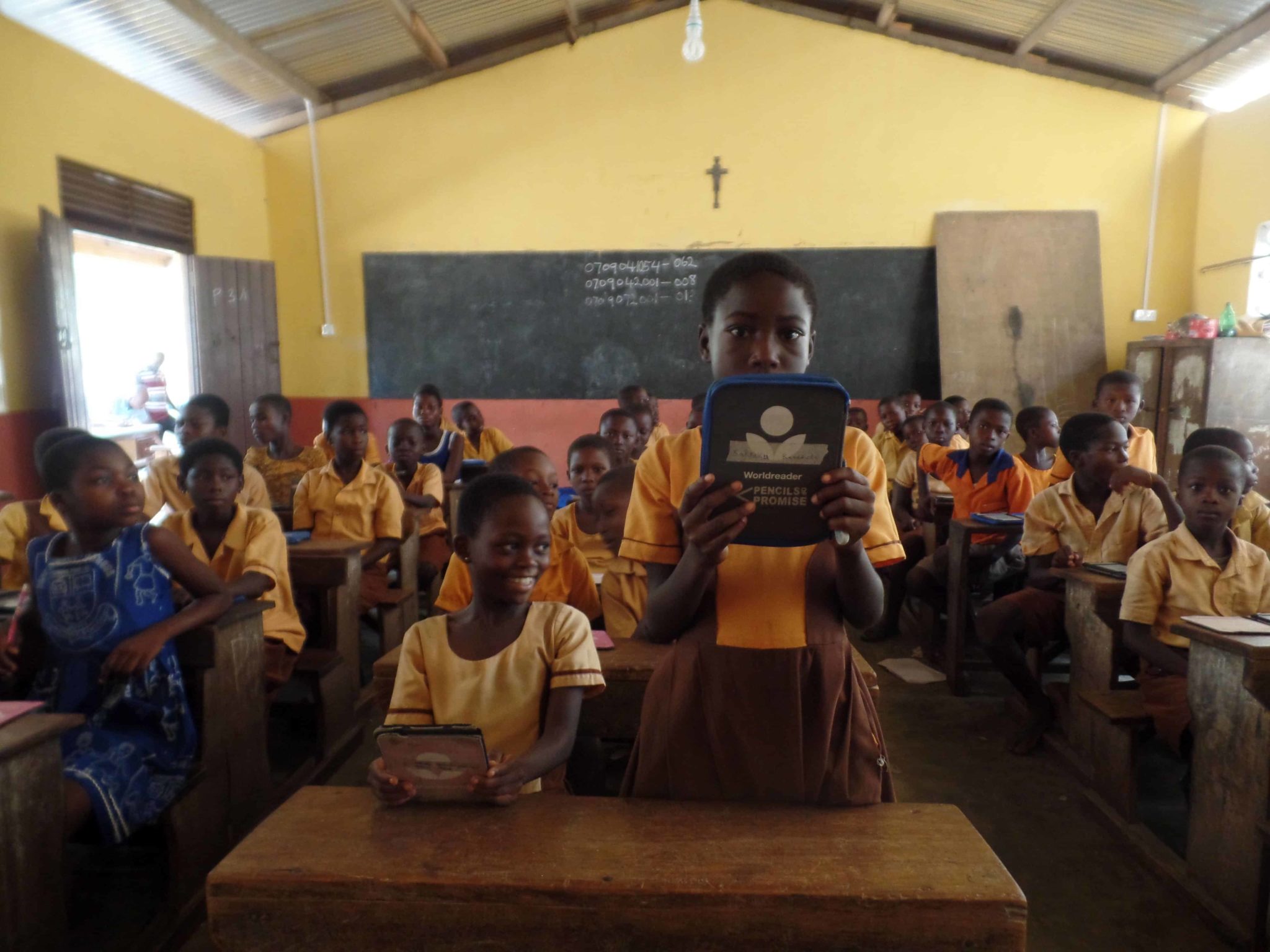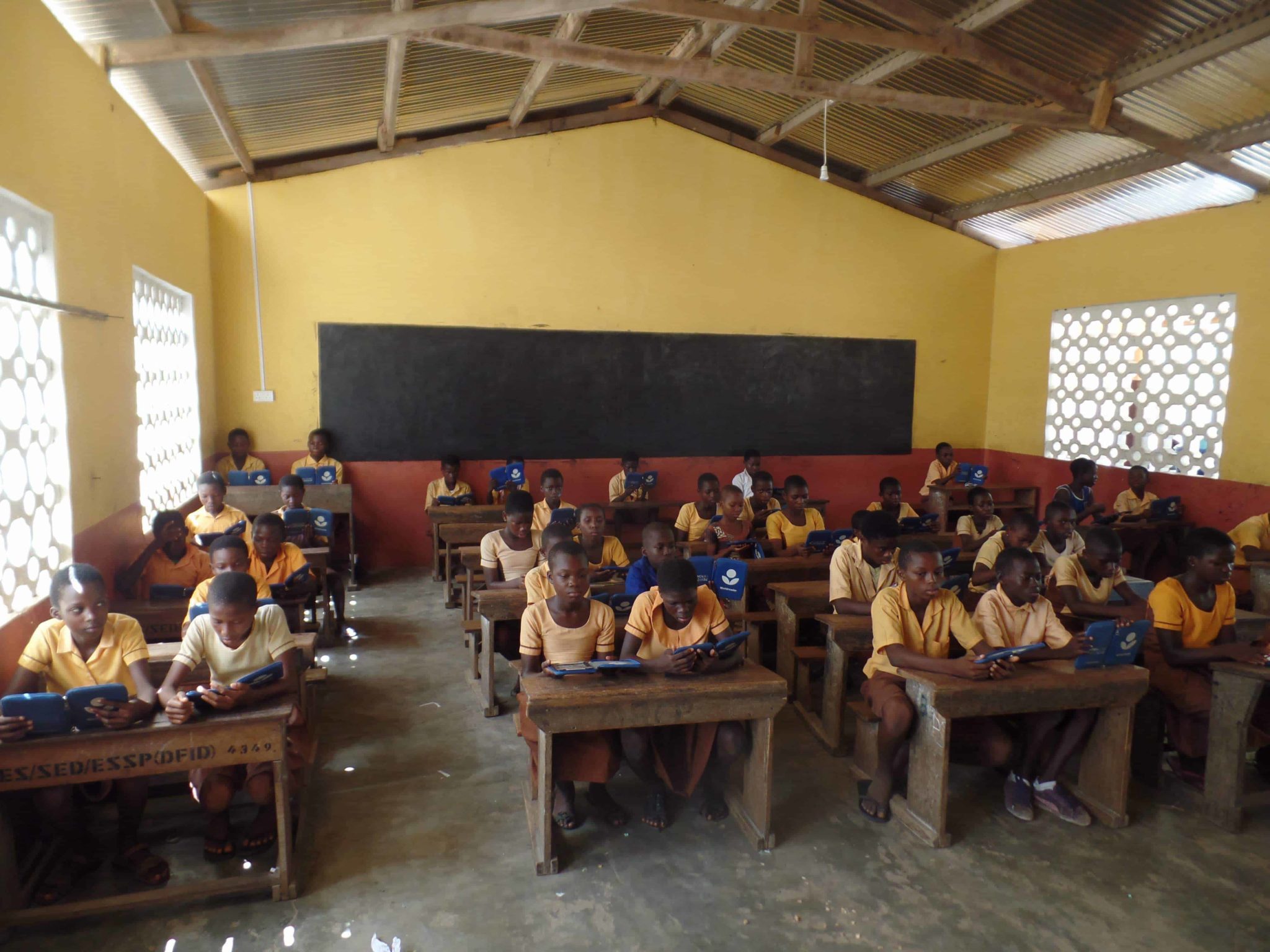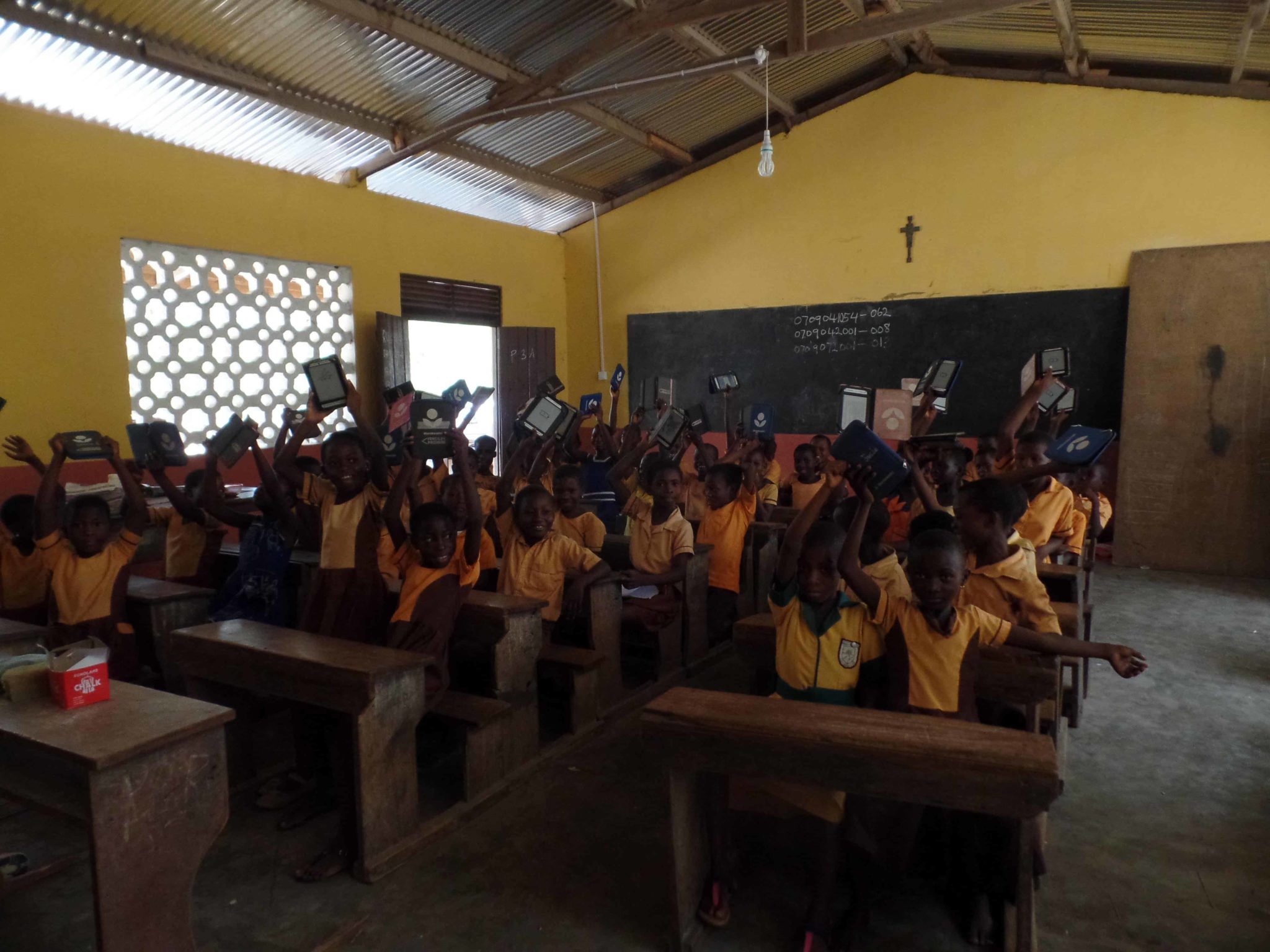Location of Impact
GHANA
Ghana was, until very recently, one of the poorest countries in the world. Over the past few years, the nation has experienced unprecedented growth and development (IFAD report; African Development Bank). Although the lives of Ghanaians have improved greatly, the country still faces many challenges, especially in the education sector.
In Ghana, 18% of primary school age children are not enrolled in school and of those who are in school, 28% will drop out before completing primary school (UNESCO, 2012). Additionally, over 28% of the Ghanaian population is illiterate and out of all the current primary school classrooms, the government estimates that almost a quarter need repairs (World Bank, 2014; USAID, 2009).
PoP works with 106 communities in Ghana to ensure that students overcome these and other barriers to accessing a quality education. To date, PoP has impacted over 177,000 lives in Ghana.
VOLTA REGION
The Volta region is located in southeast Ghana, to the west of the Republic of Togo and just east of Lake Volta. In many of our partner communities in the region, PoP couples school builds with literacy programming in order to create sustainable change.
To date, we’ve built 99 schools in the Volta region and will continue to scale our teacher training and use of educational technologies across PoP schools in the region.
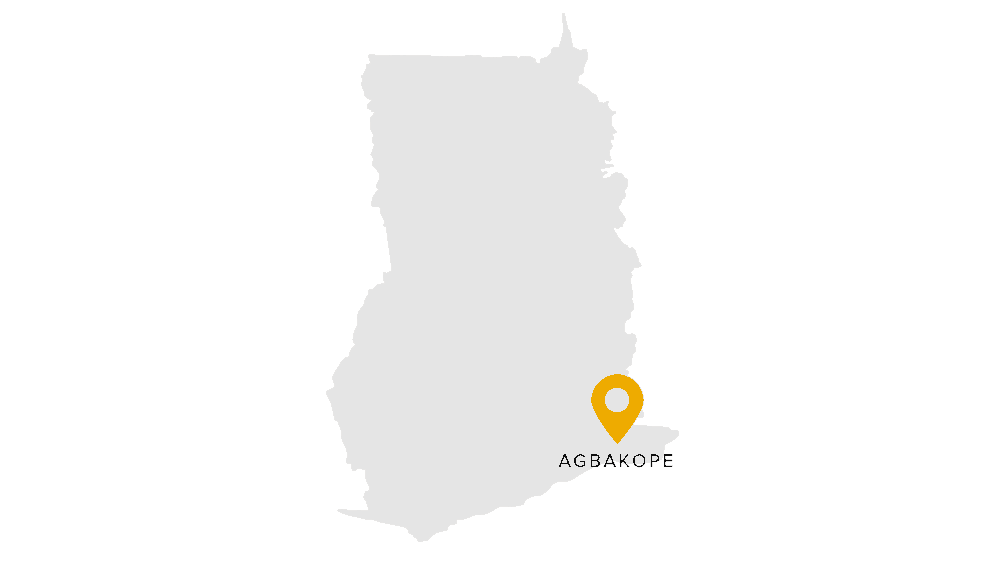
Through Your Impact
With your support, students of Agbakope now have access to e-readers. They also benefit from the instruction of their teachers who receive professional development and training on best practices and innovative strategies to improve student engagement and success.
Overall, in the last academic year in Ghana, Primary 1 and Primary 2 students who attended a school that received PoP’s Teacher Support program were able to break down words into corresponding component sounds better than their peers, scoring 22% higher on phoneme examination. In grades Primary 3 and Primary 4, PoP students were able to read 10 more words per minute, on average, than their counterparts. Primary 5 and Primary 6 students have shown, through a six question evaluation, greater comprehension than peer students. (Pencils of Promise, 2016)
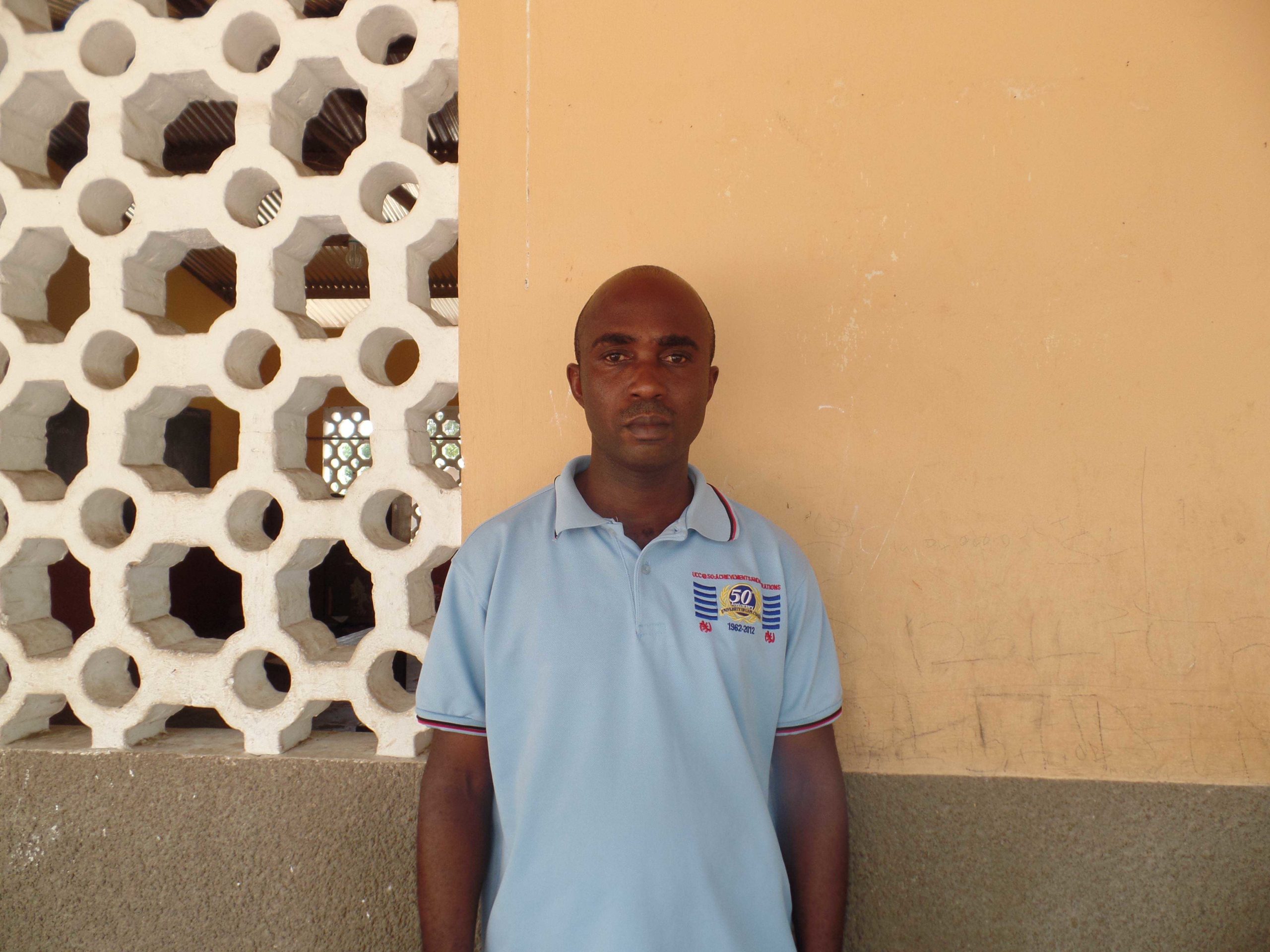
“We use the e-readers in the class quite frequently, usually for morning reading time, but I see the students, especially the upper primary students, reading during their leisure time. This never happened before the e-readers came to our school. The e-readers are a much better option than the hard books. They are more practical, and the students take much better care of their e-readers than they ever did of the books at the school.”
— Mr David Hedidor, Grade 6 Teacher
